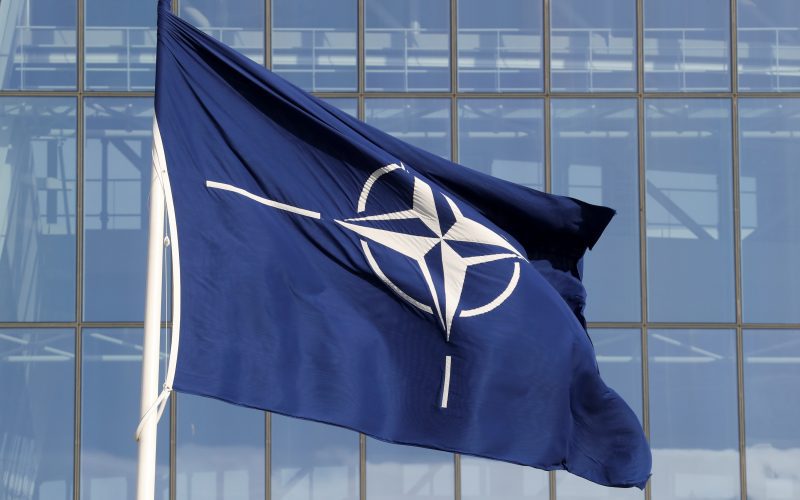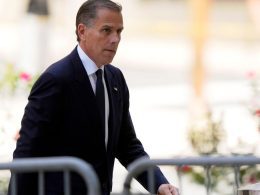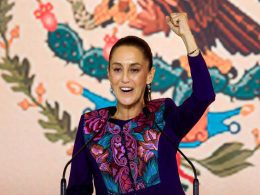Introduction
Welcome to an insightful exploration of international affairs, penned by Alex Thompson. With a decade-long career as an international news correspondent, Alex has gained a reputation for his in-depth coverage of NATO developments and conflicts, including the ongoing Ukraine conflict. His understanding of European security and defense spending has earned him accolades in the field.
Understanding the Ukraine Conflict
The Ukraine conflict is a geopolitical issue that has its roots in the historical, cultural, and political differences between Ukraine and Russia. The conflict began in 2014 when Russia annexed Crimea, a region that was part of Ukraine but has a large Russian-speaking population. This move was widely condemned by the international community and led to a series of sanctions against Russia. The conflict escalated into a full-blown war in Eastern Ukraine, where pro-Russian separatists, allegedly backed by Russia, declared independence from Ukraine.
NATO’s Role in International Security
NATO, an intergovernmental military alliance, plays a crucial role in maintaining international security. Its primary purpose is to safeguard the freedom and security of its member countries through political and military means. In the context of the Ukraine conflict, they have provided political support to Ukraine and has condemned Russia’s aggressive actions. Moreover, they have provided practical support to Ukraine in the form of advice and assistance to help reform its defense and security sectors.

Cameron’s Call for Increased NATO Funding
Cameron’s call for increased NATO funding is based on the belief that a well-funded and strong NATO can deter further aggression from Russia. He argues that increased funding would allow NATO to provide more substantial support to Ukraine, potentially changing the course of the conflict. However, this proposal is not without controversy. Critics argue that increasing NATO funding could escalate tensions with Russia and lead to a more significant conflict.
The Impact on European Security and Defense Spending
Increasing NATO funding for Ukraine could have a significant impact on European security and defense spending. European countries, many of which are NATO members, would likely have to increase their defense budgets to meet this new funding commitment. This could lead to a shift in priorities, with more resources being allocated to defense and less to other areas like social programs. However, proponents argue that this is a necessary sacrifice to ensure the security of Europe.
Public Response and Potential Outcomes
The public response to Cameron’s proposal has been mixed. Some see it as a necessary step to deter Russian aggression and support Ukraine. Others worry about the potential for escalation and the impact on European defense budgets. If NATO members agree to increase funding, it could lead to a significant shift in the dynamics of the Ukraine conflict. However, it could also lead to increased tensions with Russia.
Conclusion: The Future of Ukraine and NATO
The future of Ukraine and NATO is uncertain. The outcome of the Ukraine conflict and the response to Cameron’s proposal for increased NATO funding will have significant implications. If NATO increases funding and provides more substantial support to Ukraine, it could potentially tip the balance of the conflict. However, this could also lead to increased tensions with Russia. Whatever the outcome, the decisions made today will shape the future of Ukraine and NATO.












